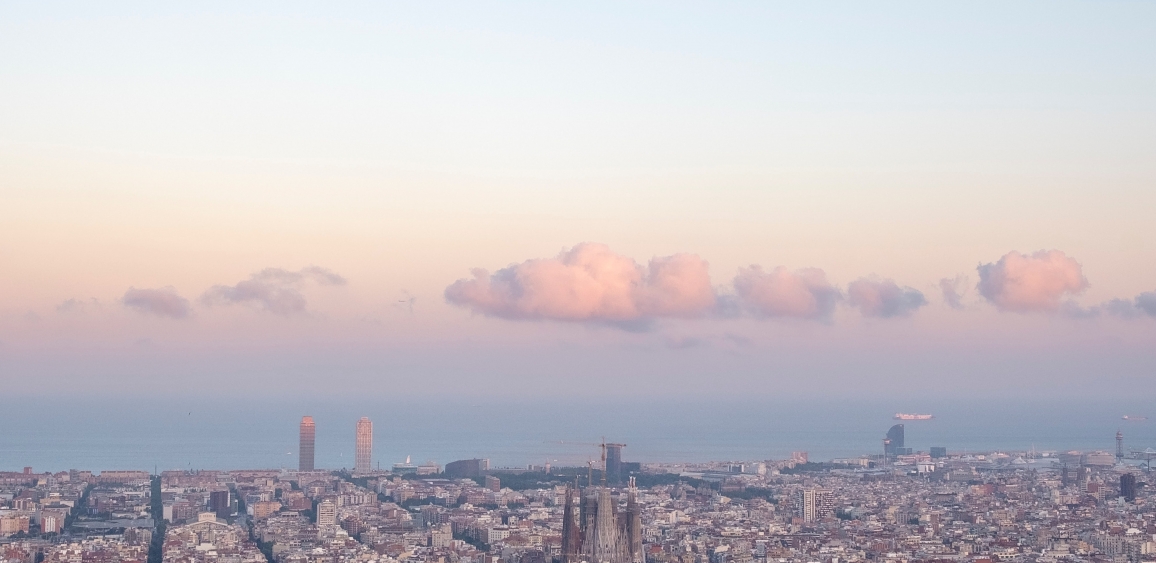Maria Chiara Tosi, Marta De Marchi, Michela Pace, Università Iuav di Venezia
Designing the transition to greater sustainability is one of the main challenges that many institutions are working on.
There are many areas in which the transition is articulated: housing, agrifood production systems in space, mobility models, production geographies, and finally the environmental transition, linked to the effects of climate change.
In the context of these initiatives aimed at facing the challenge of transition, the role of cities has only recently emerged. In several areas such as transport, health, well-being, social inclusion, pollution control, environmental management, cities have proven to be better equipped than nation states to tackle complex problems and major issues such as climate change.
Cities are proving to be at the forefront in providing solutions in the transition to a more sustainable condition and this is also reflected in the New Urban Agenda, which raises the question of how the urban condition affects our common future.
The aim of the seminar is to present and discuss urban projects and strategies for managing the transition to a more balanced and sustainable condition.
The seminar will present some cases of European cities where the transition project has been taken as one of the strategic objectives. These include Barcelona, Berlin, Brussels and Paris.
Presentation of the seminar:
Maria Chiara Tosi, University Iuav of Venice
The case of Brussels
Kristiaan Borrett, Bouwmeester maître architecte, Brussels
The case of Barcelona
Marc Montlleo, Director of Environmental Projects at Barcelona Regional, Barcelona
The case of Berlin
Tobias Schäfer, Senate Department for Urban Development and Housing, Berlin
Discussant:
Marco Ranzato (University of Roma Tre), Geoffrey Grulois (ULB), Carles Llop (ETSAB), Marta De Marchi (Iuav), Michela Pace (Iuav)
Italiano
